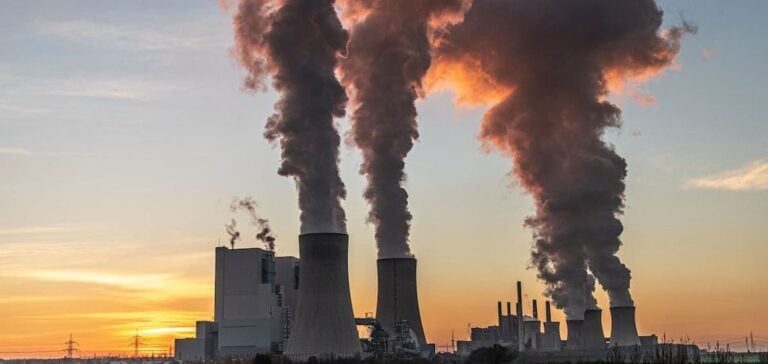According to the NGO Reclaim Finance, the major French banks have financed the fossil fuel activities of TotalEnergies, BP, Eni, Equinor and Repsol to the tune of $34.2 billion, compared with just $7.1 billion for low-carbon initiatives. These figures suggest a significant discrepancy between the banks’ public statements on the energy transition and their actual financing actions.
Reactions from financial institutions
The banks involved responded to these claims with skepticism and defensiveness. BNP Paribas has questioned the completeness of the data, claiming that the figures do not accurately reflect its current low-carbon financing policy. Crédit Agricole pointed to misinterpretations and the lack of low-carbon projects eligible for financing. Société Générale has reaffirmed its commitment to ambitious decarbonization targets, while BPCE has not commented on the situation.
Arguments and perspectives
French banks regularly use the argument of supporting the energy transition of major oil and gas companies as a reason for continuing their relationship with them. However, according to Lucie Pinson of Reclaim Finance, this approach is insufficient if it is not accompanied by a clear and measurable commitment to truly sustainable and ecological projects.
Implications for the oil majors
TotalEnergies, BP, Eni, Equinor and Repsol are at the center of this debate, as they receive a significant proportion of their financing from these major banks. Pressure is mounting for these companies to further diversify their investments towards genuinely low-carbon technologies and projects in order to justify the financial support they receive.
The low proportion of financing allocated to low-carbon projects by French banks raises questions about the authenticity of their commitment to the energy transition. It seems crucial that banks and energy companies reassess and adjust their strategies to ensure a more sustainable future.






















